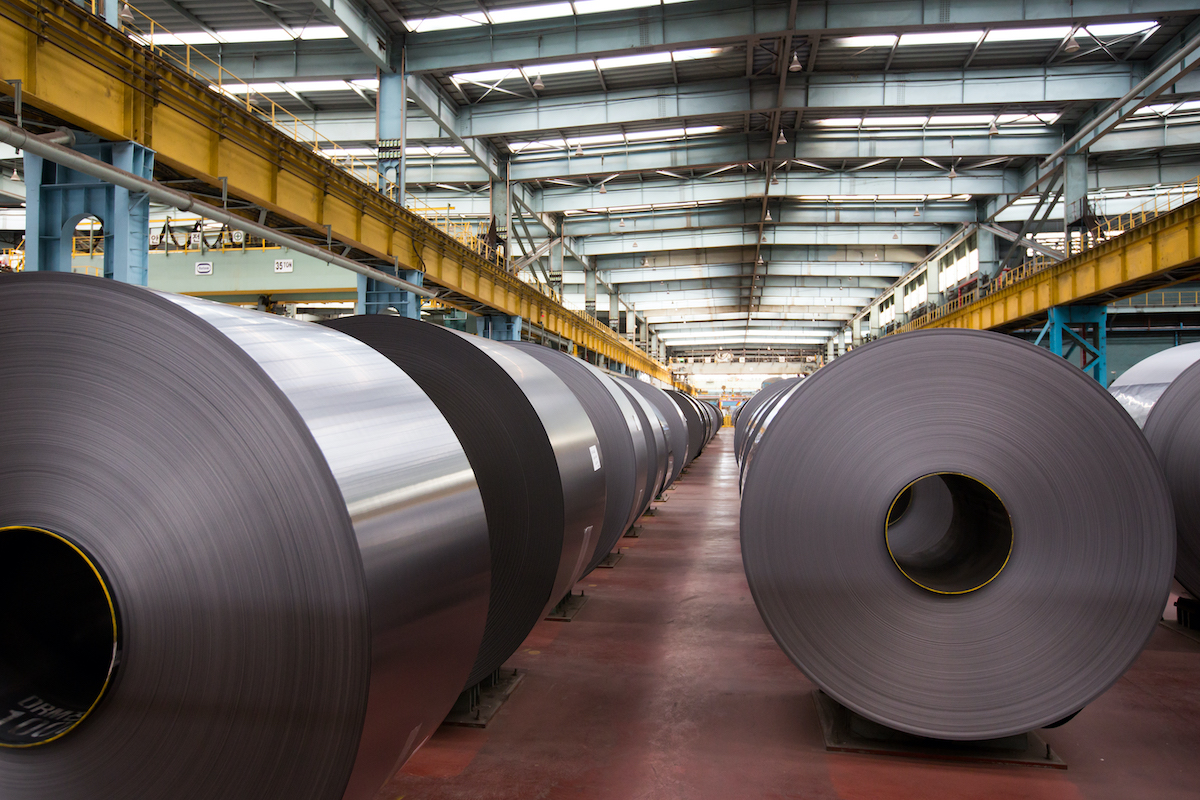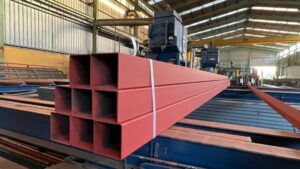The Russian government is considering introducing a 15% export tax on base and ferrous metals in a bid to curb price inflation, Moscow-based investment institution Aton said June 24 in a note, adding that the move would also be likely to yield an additional $2.3 billion for the federal budget.
According to various media reports and market sources, the economic development ministry has proposed introducing the 15% export tax as soon as Aug. 1, with the measure set to last through end of December.
The move would still require government approval in a form of decree.
Russian steelmakers declined to comment on the potential move until the issuing of an official decree, but several industry sources confirmed that a draft already exists and suggested the measure is inevitable, with the duty likely to be levied on exports of all major semi-finished and finished steel, aluminum, nickel and copper.
The base rate for the metals export duty would be set at 15%, but it would also have a specific component on top of it, with duties applying only to exports outside the Eurasian Economic Union (EAEU) between Russia, Belarus, Kazakhstan, Armenia and Kyrgyzstan. As a result, export rates for copper could be set at $1,126/mt, for nickel at $2,321/mt, for aluminium at $254/mt, for pellets at $54/mt, for flat-rolled steel products at $115/mt, for other rolled products at $133/mt, and $150/mt for ferroalloys, according to the Aton note.
“The draft is authored by the economic ministry, but it has solicited support of the ministry of finance and industry ministry,” said a source close to Russian steelmakers association Russkaya Stal, meaning a material possibility of the duty being applied.
“On the one hand, the government says it wants to support and grow non-energy exports, and on the other hand, it wants to slap these duties on exports of commodities that have added value,” the source said, adding that foreign metals producers would likely benefit from the move.
Sources added that metals industry lobbyists have already requested amendments in terms of duty sizes and their differentiated applications.
Impacts would vary
The impact of the possible duty would vary depending on a company’s exposure to the different metals and their export volumes, according to analysts from Aton and Moscow-based BCS Investment Group.
But the analysts estimated that overall, such a duty would negatively impact steel companies’ 2021 EBITDA by some 6%.
“Our take is that this export duty will remain only if profits will be high thanks to a longer super-cycle,” BCS said.
The analysts said that, beyond the government’s concern with rising domestic metals prices, the move is also an attempt to target metals companies’ recent profits, which it sees as excessive.
“According to First Deputy Prime Minister Andrey Belousov, higher domestic prices have a negative effect on large projects included in the state budget. It is noted that the proceeds from Russian metallurgists would be used to compensate for the growth of costs of state defense [projects], and the construction of roads, housing, and infrastructure,” Aton said. “The government estimates that it would be able to take about 20%-25% of metals companies’ excess profits through the duties. In August-December 2021, the budget could get Rb113-114 billion ($1.6 billion) from export duties on ferrous metals and by Rb50 billion ($0.7 billion) from duties on non-ferrous metals.”
— Ekaterina Bouckley






